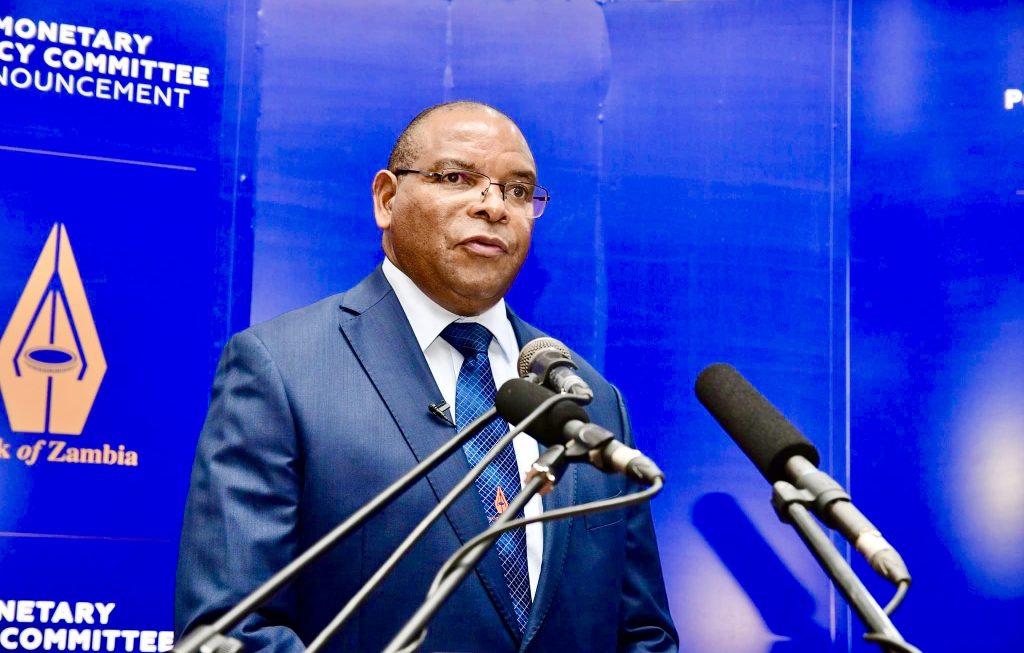The central bank in Africa’s second largest copper hotspot Zambia has increased its government security appetite by 53% to K6.6 billion monthly according to a first quarter prospectus on its website. The Bank of Zambia will now offer K2.0 billion worth of T-bills every fortnight from the K1.4 billion while it’s monthly bond offerings has widened to K2.6 billion from K1.5 billion in 2021.
The Southern African nation currently grapples with fiscal vulnerabilities exacerbated by an acute pandemic that has seen a widening in fiscal deficit that requires funding. However with default status occasioned by skipping of coupon payments on its dollar bonds the copper producer has not been able to access credit lines externally and has opted to fund its fiscal needs domestically.
Zambia recently reached a landmark agreement with the International Monetary Fund Staff Mission team for a $1.4 billion in extended credit facility for 3 years yet to be approved at the lenders special board with expected disbursement forecast at the end of March 2022. However the 2022 budget requires funding in the meantime with a significant portion from the domestic money markets. The red metal producer recently scrapped most subsidies on petroleum products still leaving a value added tax (VAT) portion as fuel remains zero rated. The move on removal of subsidies was aimed at attaining greater national production possibilities through reallocation of its fiscal purse in the quest to effect a sustainable economic rebound and restoration of fiscal fitness.
The current state of the global economy characterized by excessive inflation and ultra thin yields have pointed excess liquidity worldwide to emerging and frontier market assets Zambian paper inclusive. This has scaled demand higher for government bonds in the last three months coinciding with a political regime change that has improved Zambia’s sovereign outlook.
Interest rates (yields) could come under pressure as inflation risks from cost push effects of higher energy prices and overcrowding effects of greater fiscal appetite weighs domestic markets.
The Kwacha Arbitrageur

